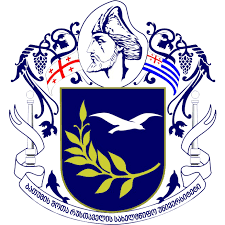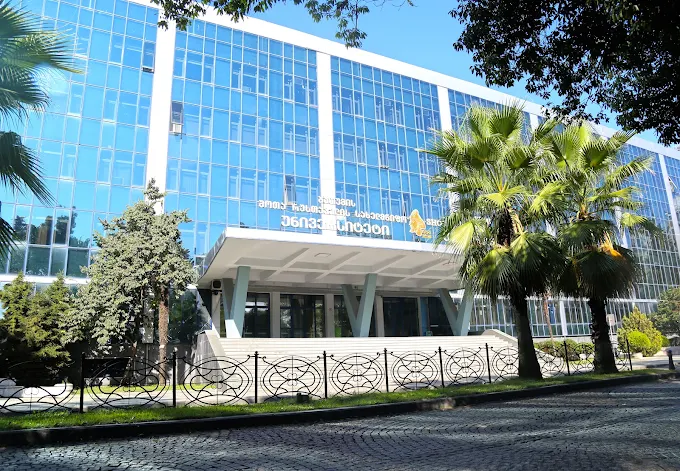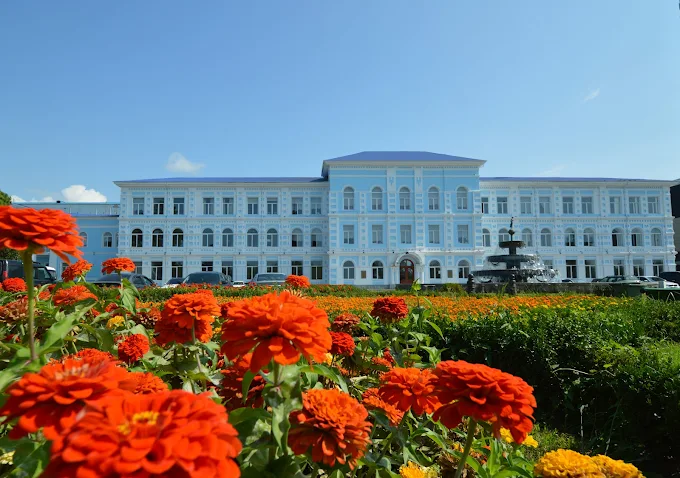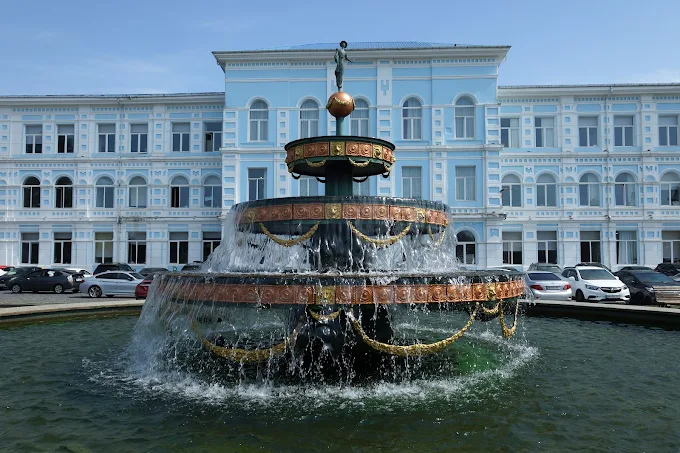Eligibility
Eligibility Requirements
To apply, you need to meet the following criteria:
- Academic Qualification: You must have passed your 12th grade with at least 50% marks in Physics, Chemistry, and Biology (PCB). If you belong to a reserved category, the minimum requirement is 40%.
- NEET Qualification: Indian students must have a valid NEET scorecard, as it's mandatory for practicing medicine in India after graduation.
- Age Requirement: You should be 17 years or older by December 31st of the admission year.
- English Language Skills: The course is taught in English. While IELTS or TOEFL scores are not required, the university may conduct an online interview to assess your proficiency.
After finishing your MBBS from Batumi Shota Rustaveli State University (BSU), you can practice medicine in India or abroad, as long as you meet the licensing rules of the country you choose. BSU’s degree is recognized globally and the university is approved by major bodies like NMC (India), WHO, and ECFMG (USA).
Practicing Medicine in India
To work as a doctor in India after studying abroad, you’ll need to follow these steps:
- NEET Requirement: You must have qualified the NEET exam before starting your MBBS at BSU.
- NEXT Exam: After graduation, you’ll need to pass the National Exit Test (NEXT) to get your medical license.
- Internship: Complete a 1-year internship at an NMC-approved hospital in India.
- Registration: Once you pass NEXT and finish your internship, you can register with the NMC or your State Medical Council to start practicing.
Practicing Medicine Abroad
Each country has its own process. Here’s a quick look:
-
USA:
- Pass USMLE Steps 1, 2, and 3
- Get certified by ECFMG
- Complete a residency program in the US
-
UK:
- Pass the PLAB exam
- Register with the General Medical Council (GMC)
- Show proof of English skills (like IELTS or OET)
-
Canada:
- Pass the MCCQE exam
- Get accepted into and complete a Canadian residency program



